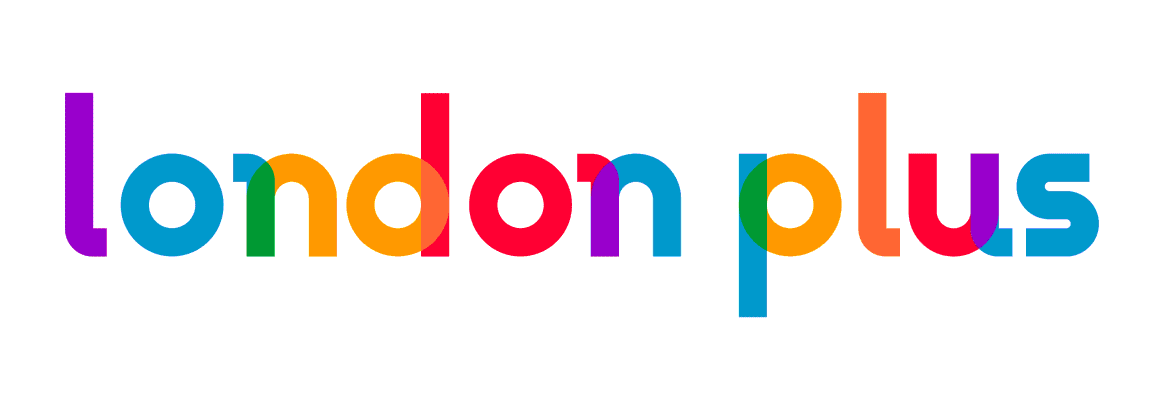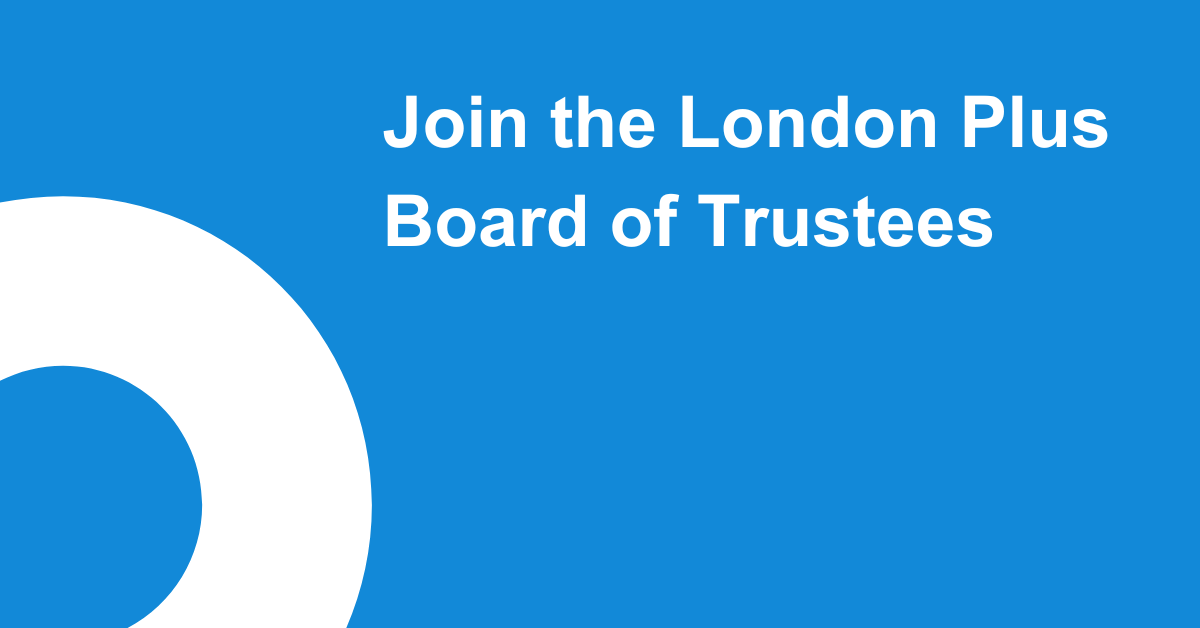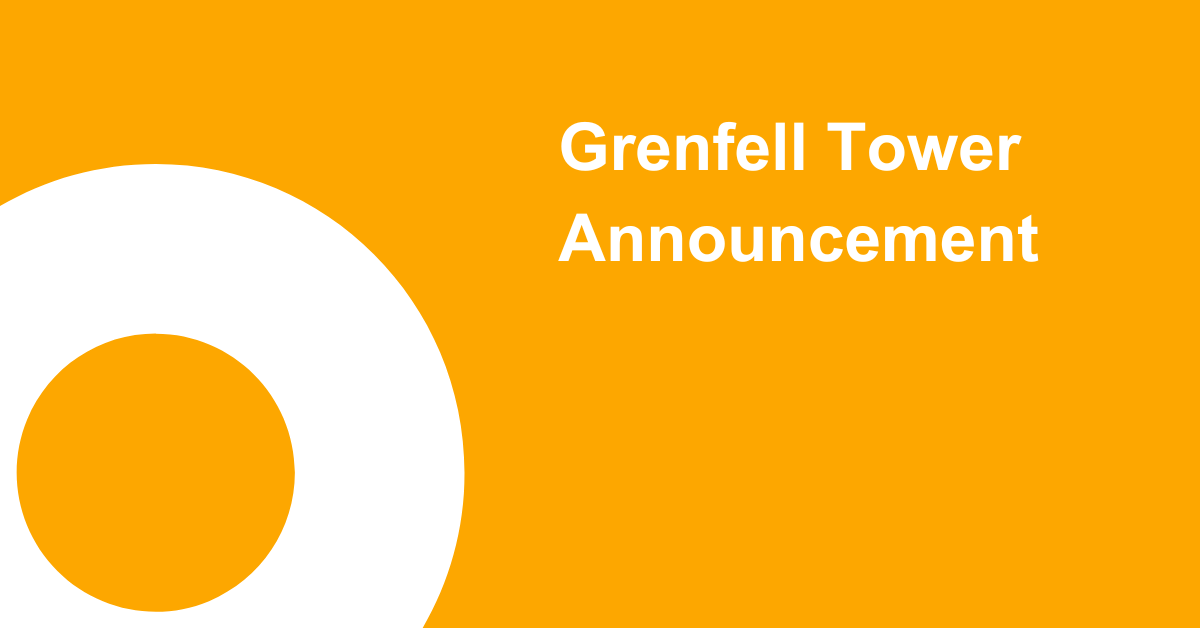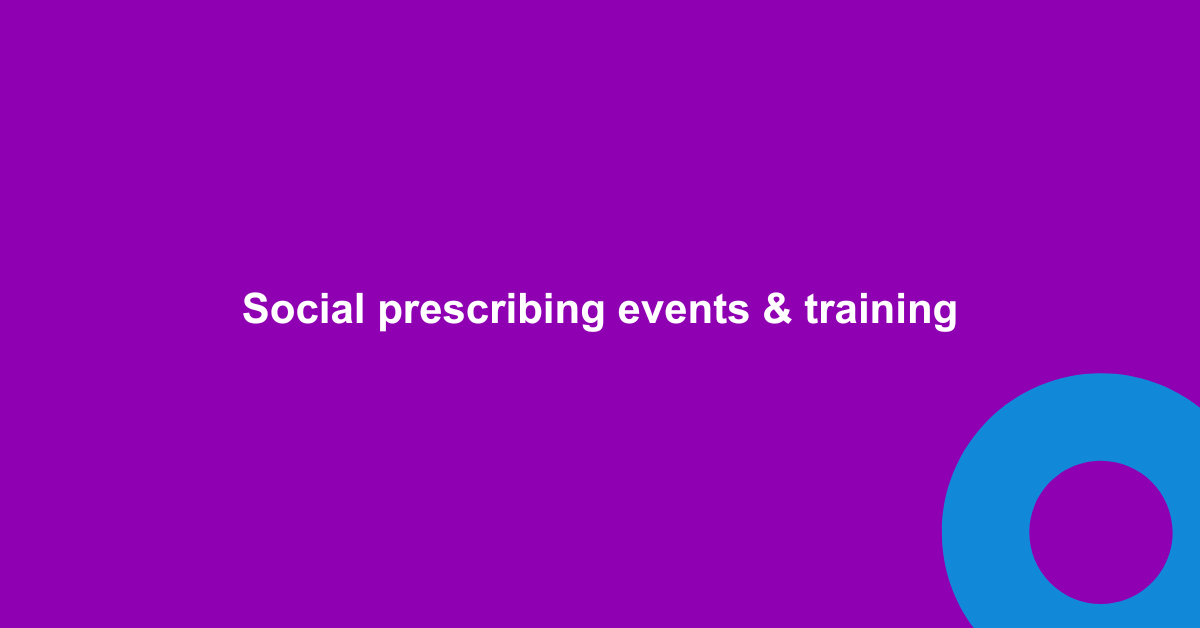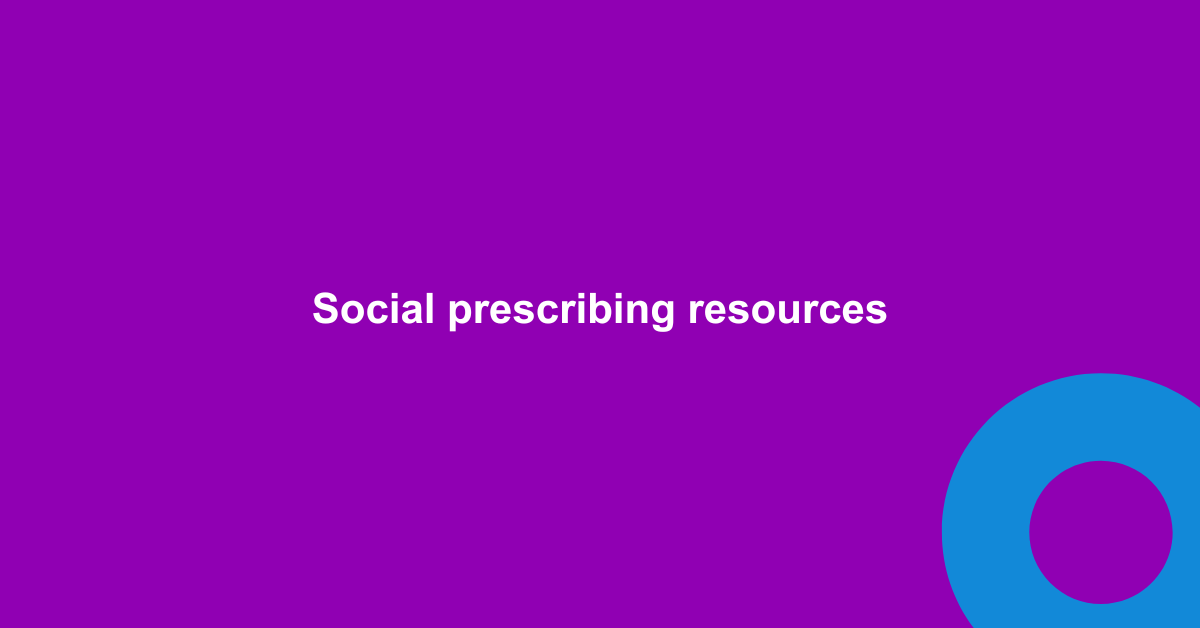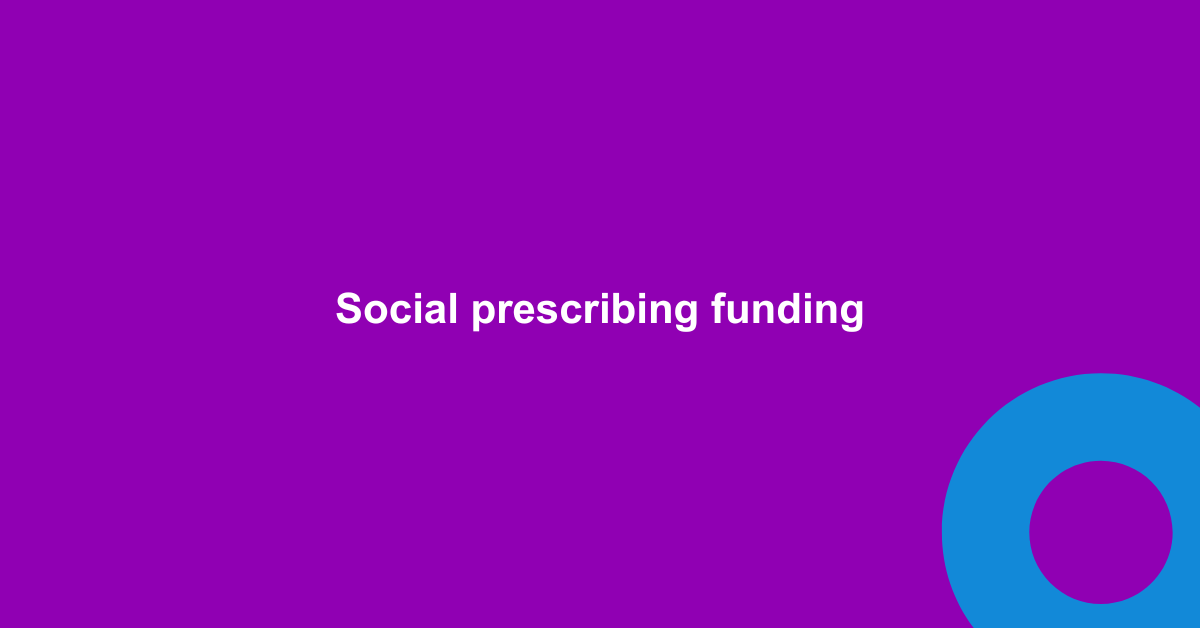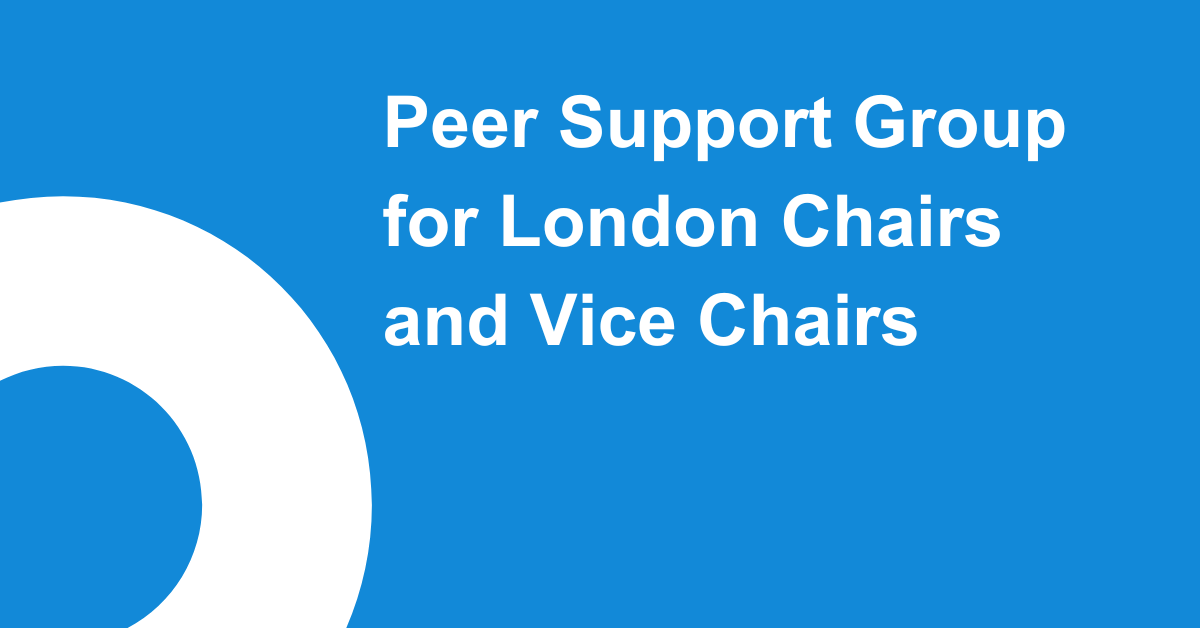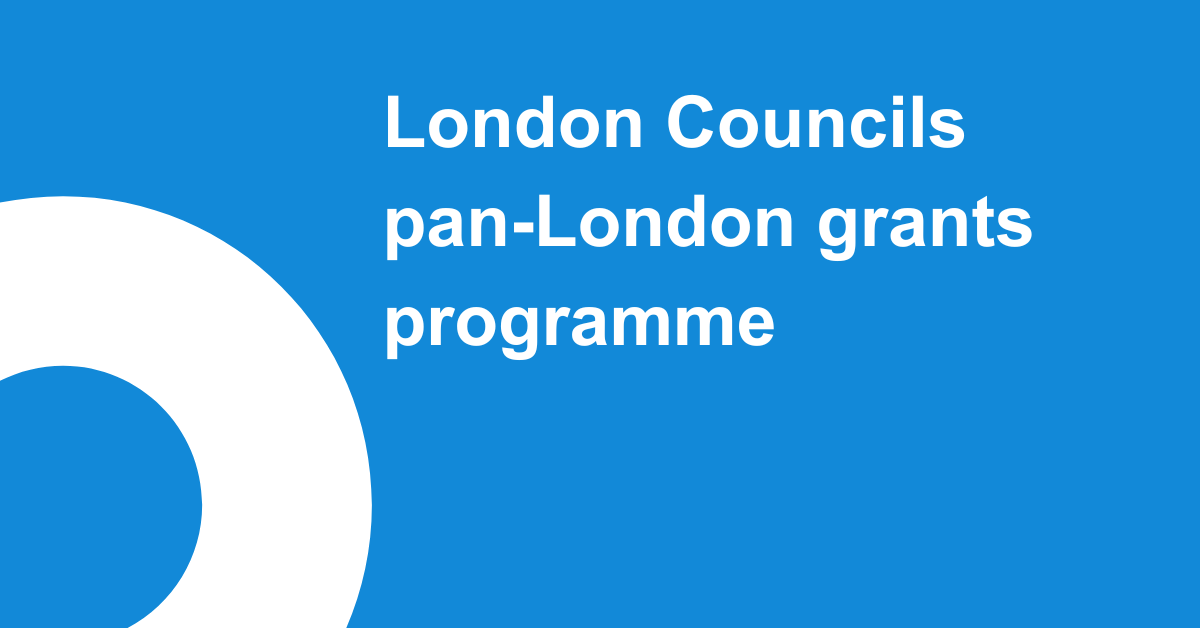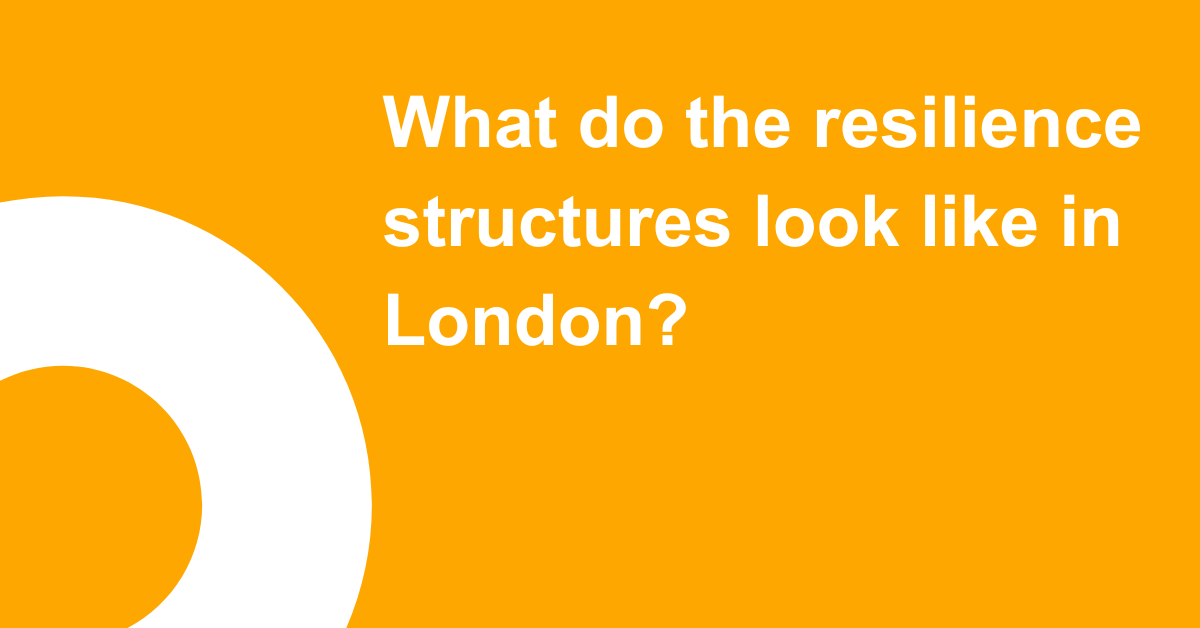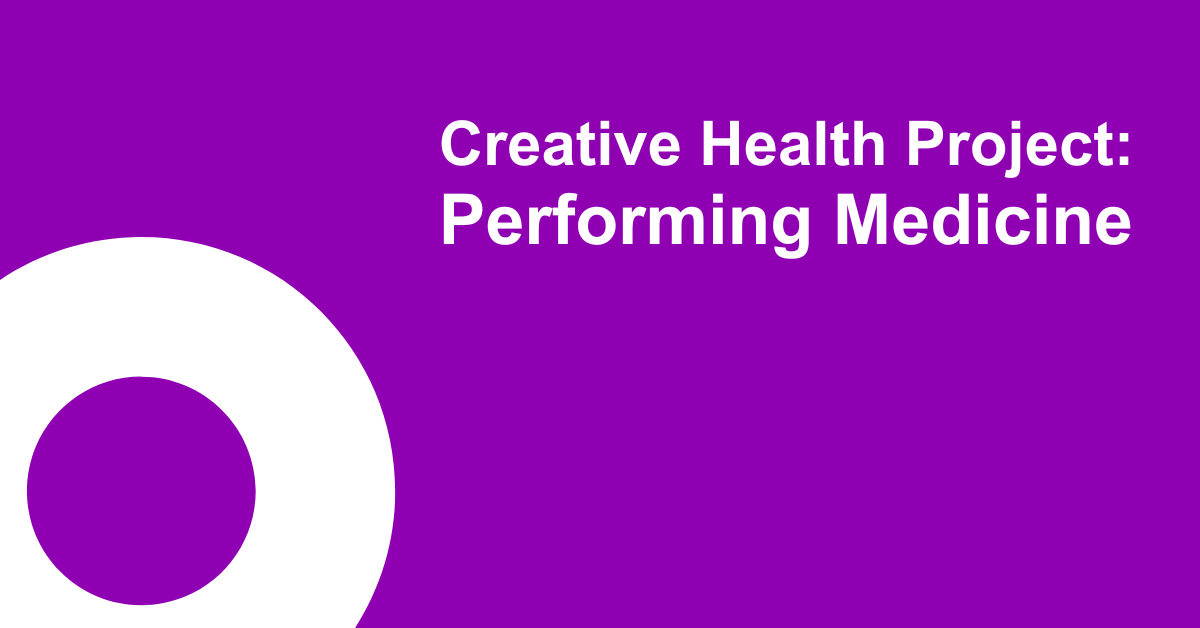When I moved to London at 18, I fell in love with this city.
For me, one of the greatest strengths and joys of living in London is it’s diversity. It was a pleasure therefore, to be at City Hall earlier this month, more than 30 years later – to hear the Deputy Mayor Dr Debbie Weekes-Bernard share the Loved and Wanted campaign launching today.
This campaign celebrates London’s diversity and reaffirms that everyone in our city deserves to feel valued, included and supported. The Deputy Mayor also acknowledged the important role that community and faith groups and civil society organisations, all play in making London a more united and welcoming city.
The breadth and range of the voluntary and community sector in the Capital is something we should be incredibly proud of. The National Council for Voluntary Organisations (NCVO) Almanac data from 2024 highlights that London remains the “centre of the UK’s voluntary Sector” [1]. London’s VCSE ecosystem is home to just under 40% of large, major and super-major charities in England and also, importantly, 16% of micro charities [2] [3] as well as numerous informal networks of support which exist across the city including in local neighbourhoods or places of faith.
Charities and community groups play a vital role in our social infrastructure, providing the places and spaces for people to meet and delivering a complex layer of support, advice, advocacy and connection.

A recent report commissioned by the London Resilience Unit to explore connections between resilience and cohesion recognised the role of community groups in making a “direct, varied and significant contribution to fostering both community resilience and social cohesion, reducing marginalisation and establishing a foundation of trust and stability while advocating for long-term, systemic change” [4]. The sector as a whole therefore plays a fundamental part in strengthening the bonds within communities and in building social capital alongside challenging the underlying factors which lead to discord and disharmony.
A recent literature review from London Funders as part of their Equity and Justice Infrastructure Mapping project [5] highlights that infrastructure organisations are vital for the sustainability of the sector and also for their indirect support for system change and movement building. However, whilst need for this work has grown, the size of the infrastructure sector has remained static.
The review looks specifically at infrastructure focused on “supporting groups disproportionately impacted by inequalities, including BME, LGBTQ+, and disability-focused organisations” [6]. It highlights the lack of understanding about support for equity led organisations – those led by and for the communities they serve as well as the vital part these organisations play in challenging systemic and structural inequality.
There is no doubt that tackling the root causes of division can only be achieved with the intervention, will and resourcing of Central, Regional and Local Government and other public sector agencies. It is also vital that we continue to nurture and learn from the contribution that our sector makes to the strength, unity and resilience of this city.
So today, I welcome the launch of the Loved and Wanted campaign. It’s a step towards empowering Londoners to celebrate our city’s enduring spirit of respect, unity and togetherness.
Sources
[1] UK Civil Society Almanac 2024 | NCVO [2] Large, major and super-major charities are defined as those with income over £1m and small and micro as those with income under £100,000 [3] UK Civil Society Almanac 2024 | NCVO [4] Building resilient communities ONLINE (small).pdf [5] SG_EJ Literature Review [6] SG_EJ Literature Review